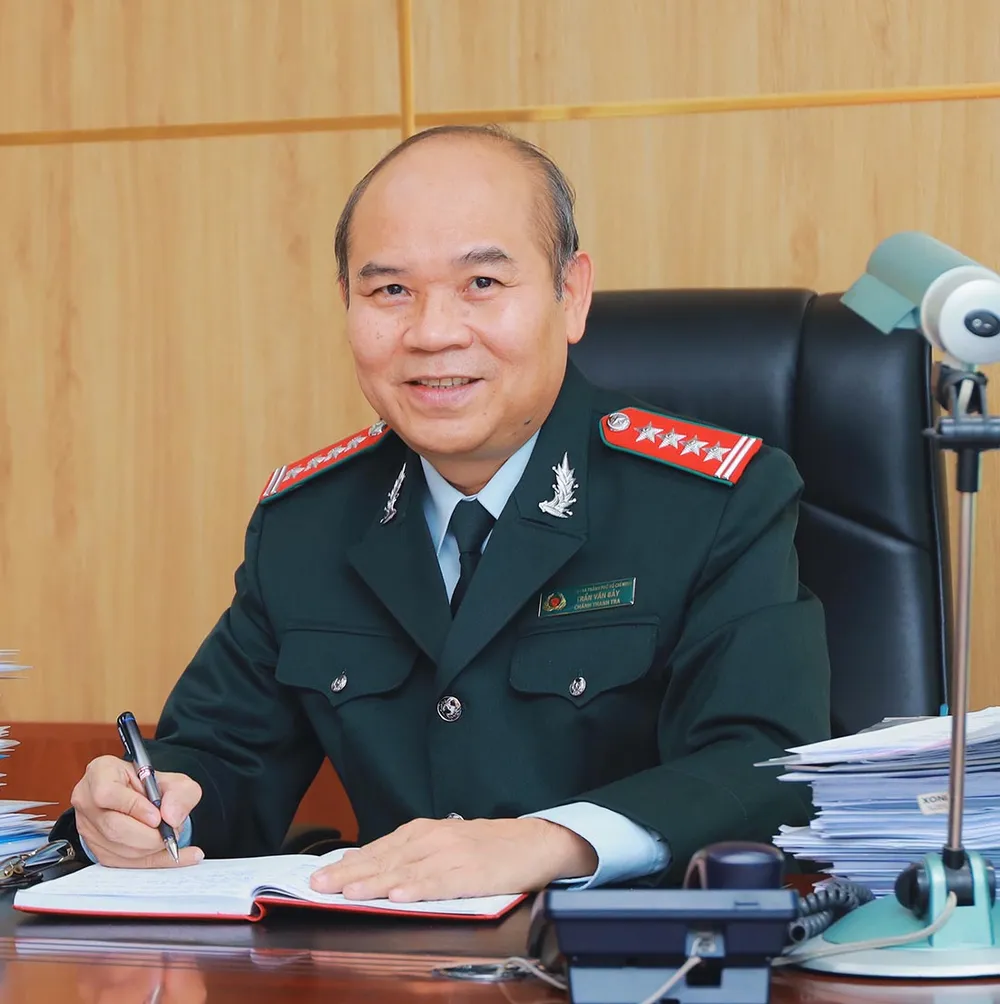
Reporter: Sir, the 2025 Inspection Law mentions a number of new forms of inspection in line with new trends. In implementation, what does the Ho Chi Minh City Inspectorate focus on to improve efficiency and reduce work pressure?
Mr. TRAN VAN BAY, Chief Inspector of Ho Chi Minh City: In the trend of digital government, digital society as well as the context of needing to effectively implement professional activities without administrative boundaries, creating favorable conditions for individuals and organizations related to inspection activities to save maximum human resources, costs, time while still ensuring the quality of work, online and remote inspection mechanism based on electronic data is very necessary. Therefore, as soon as the Law on Inspection 2025 was issued, Ho Chi Minh City Inspectorate invited leaders of the Legal Department - Government Inspectorate to train on the implementation of inspection laws, especially new regulations. At the same time, review and re-count information technology equipment after the merger to most effectively serve online inspection activities in the coming time. We will also proactively coordinate with relevant departments, branches and agencies to receive necessary electronic data.
The absence of district-level and specialized inspectors poses a big challenge in covering large areas. What solutions has the Ho Chi Minh City Inspectorate put in place to ensure that no areas or fields are left vacant and that inspection work at the grassroots level is not disrupted?
After the merger, we advised the Ho Chi Minh City People's Committee to establish an Inspection Department or Inspection - Legal Department under the departments. This helps maintain and effectively use the team of experienced inspectors in inspection, handling complaints, denunciations, preventing and combating corruption, waste, and negativity, ensuring that State management activities take place continuously, without interruption, without missing work, areas, and sectors. We also assign tasks to each area and sector to specialized and professional departments; organize professional training for the agency's inspection team and will expand this task to civil servants at departments, branches, and localities. In addition, the Department of Construction will "deputize" the staff of specialized inspection departments in charge of areas, strengthening the local force. The Department of Agriculture and Environment and the Ho Chi Minh City Inspectorate have both arranged an appropriate number of civil servants to directly perform tasks at the 2nd and 3rd facilities (Binh Duong province, Ba Ria - Vung Tau province before the merger) to promptly handle arising situations. Regarding the coordination mechanism, the Ho Chi Minh City Inspectorate has issued working regulations, maintained close and regular relationships with departments, branches and localities in guiding and inspecting the results of citizen reception, handling petitions, resolving complaints and denunciations, preventing corruption, waste and negativity. At the same time, maintaining citizen reception activities at 3 facilities (Ho Chi Minh City, Ba Ria - Vung Tau province and Binh Duong province before)...
The Law on Inspection, which has been amended many times, recognizes two main forms of inspection: planned inspection and surprise inspection. In the new context, which form of inspection is prioritized?
In my opinion, planned inspections need to continue to be maintained to promptly correct errors, improve efficiency and consistency in implementing important activities that directly impact the legitimate rights and interests of the people and the interests of the State.
On the other hand, in recent times, surprise inspection teams have always brought positive results as soon as signs of law violations are detected. In particular, inspections as soon as signs of violations are detected will ensure the timeliness in detecting and handling violations, contributing to improving the effectiveness and efficiency of State management activities in all fields. Specifically, recently, when receiving information from the press about illegal construction in Phuoc Thang ward, we immediately set up a direct inspection team upon receiving instructions from the Ho Chi Minh City People's Committee to guide and support the locality in land management and construction order. At the same time, we recommended that competent authorities strictly handle violations to ensure the strictness of the law.
From that reality, the Ho Chi Minh City Inspectorate proposed and was approved by the Ho Chi Minh City People's Committee, directing the implementation of the Project to Improve the effectiveness of inspection work, innovate inspection methods in the direction of focusing on surprise inspections when detecting signs of law violations. The Project will be an important basis for the Ho Chi Minh City Inspectorate to effectively deploy surprise inspection teams, especially in areas where violations, negativity, complaints, denunciations, reflections and recommendations frequently arise.
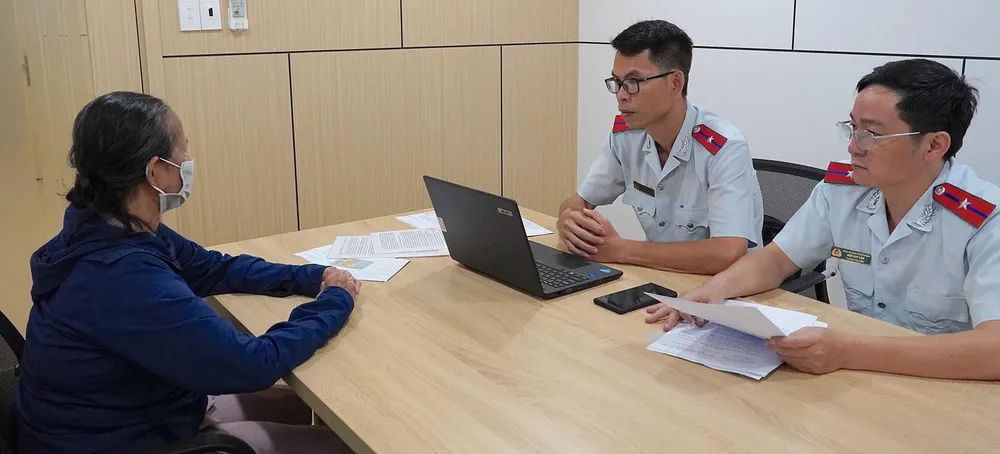
With the added task of “preventing and combating waste”, along with the role of resolving complaints and denunciations, the Ho Chi Minh City Inspectorate is facing higher demands. What are the solutions regarding expertise, professionalism and coordination?
We have thoroughly grasped the resolutions and conclusions of the Central Committee and the Ho Chi Minh City Party Committee, and at the same time advised the Ho Chi Minh City People's Committee to develop directives to improve the effectiveness of inspection, examination, public reception, complaint and denunciation handling, and prevention and fight against corruption, waste and negativity. We also issued a plan to strengthen thematic inspections of works and projects with difficulties, obstacles, delays, or risks of loss and waste. The viewpoint of the Ho Chi Minh City Inspectorate is that there are no forbidden zones, not only applying to acts of corruption and negativity but also applying to poor management, shirking responsibility when performing tasks, causing loss and waste of resources and state budget. We clearly understand that even if the act is not embezzlement or corruption but is wasteful, it still weakens national resources; and we define the task of preventing and fighting waste as equal to the task of preventing and fighting corruption.
After more than 2 months of implementing tasks in new conditions, what proposals and recommendations does the Ho Chi Minh City Inspectorate have to improve operational efficiency?
The Ho Chi Minh City Inspectorate has completed many tasks in streamlining and streamlining the apparatus. To maximize its role, we recommend perfecting the institution and creating a legal corridor to improve the effectiveness of inspection activities. There are policies and solutions to remove difficulties and obstacles for works, projects, and backlogged land in the city, with the criteria of not legalizing violations but creating a basis for works and projects to continue to be implemented, unlocking huge resources, improving the efficiency of management and use of capital and assets, and promoting economic growth.
The Ho Chi Minh City Inspectorate also recommended enhancing the quality of post-inspection handling to ensure strictness, objectivity, and timeliness; strictly and thoroughly implementing conclusions and recommendations for post-inspection handling. Deploying online citizen reception; online and remote inspection to improve efficiency, reduce work pressure and move towards building a digital inspection platform; supplementing facilities and working headquarters, ensuring staffing and operating conditions of the Ho Chi Minh City Inspectorate, ensuring continuous and uninterrupted operations.
The 2025 Law on Inspection has met the goal of "Building centralized, unified inspection agencies at two administrative levels, the central level and the provincial level" and supplemented the form of online and remote inspection. The above changes create fundamental and important changes in the organization and operation of the Ho Chi Minh City Inspectorate. In particular, the application of technology in inspection, handling of complaints and denunciations, prevention and fight against corruption and negativity will help gradually replace manual methods, moving towards the use of electronic databases. The requirement is that the national database must be updated, synchronized, and secure in a timely manner in all areas of State management. The information technology system must be invested in, equipped synchronously, and have a strong enough transmission line so that the implementation process is continuous and uninterrupted... to achieve the desired results.
Source: https://www.sggp.org.vn/da-dang-phuong-thuc-hoat-dong-tap-trung-thanh-tra-dot-xuat-post812796.html



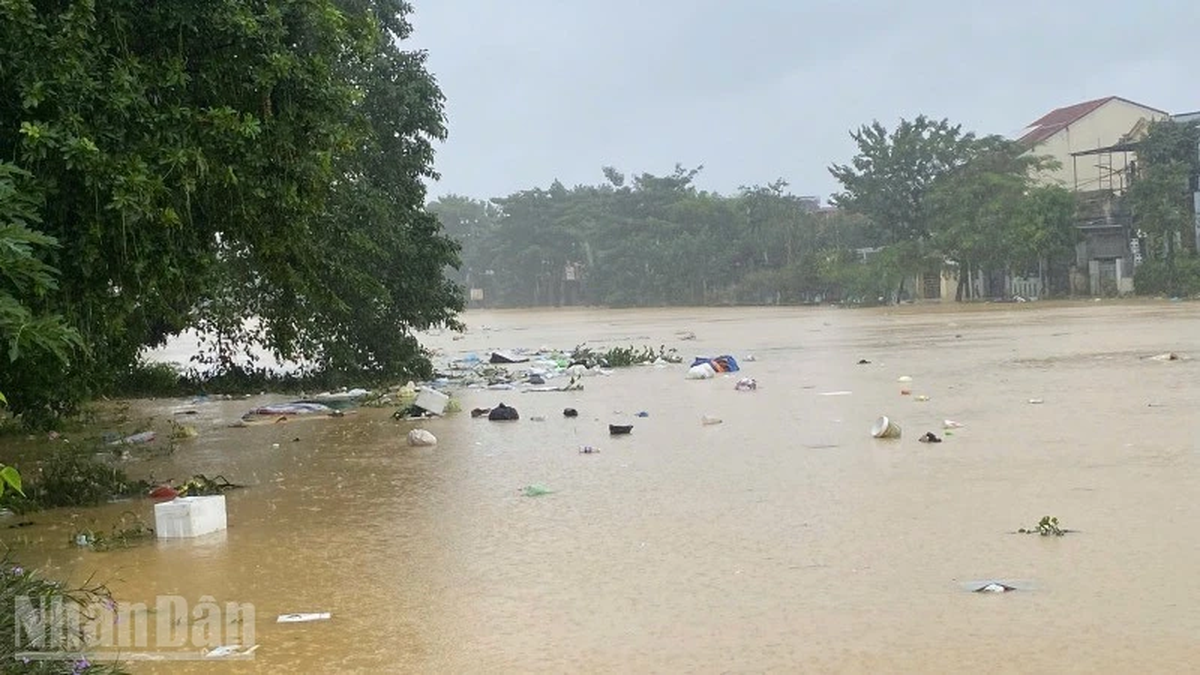
![[Photo] Hue: Inside the kitchen that donates thousands of meals a day to people in flooded areas](https://vphoto.vietnam.vn/thumb/1200x675/vietnam/resource/IMAGE/2025/10/29/1761738508516_bepcomhue-jpg.webp)

![[Photo] Prime Minister Pham Minh Chinh chaired a meeting to discuss solutions to overcome the consequences of floods in the central provinces.](https://vphoto.vietnam.vn/thumb/1200x675/vietnam/resource/IMAGE/2025/10/29/1761716305524_dsc-7735-jpg.webp)
![[Photo] Prime Minister Pham Minh Chinh chaired a meeting to evaluate the operation of the two-level local government model.](https://vphoto.vietnam.vn/thumb/1200x675/vietnam/resource/IMAGE/2025/10/29/1761751710674_dsc-7999-jpg.webp)
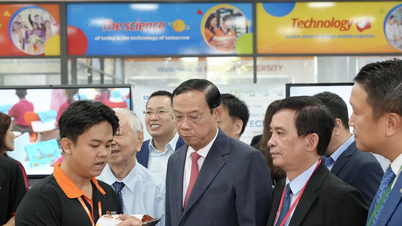
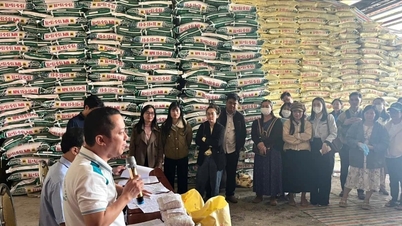

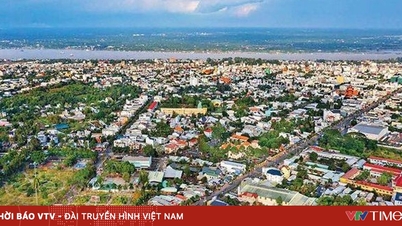

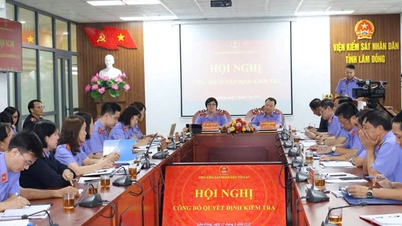

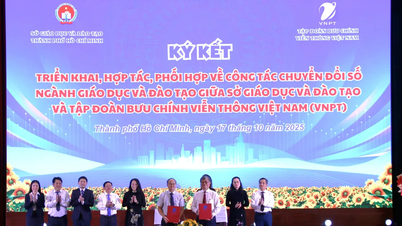


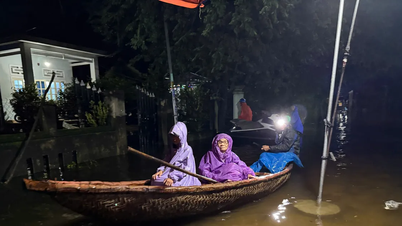
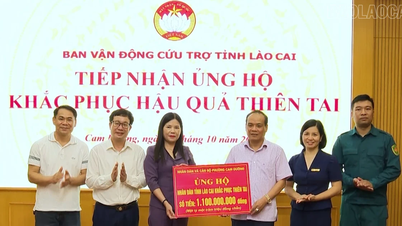

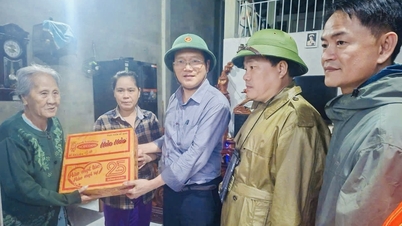

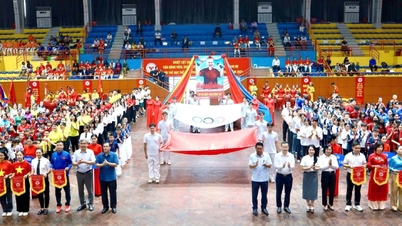

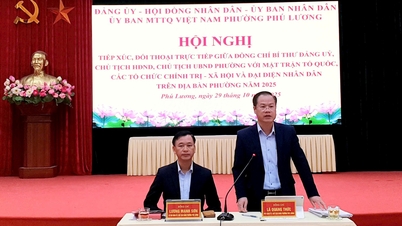
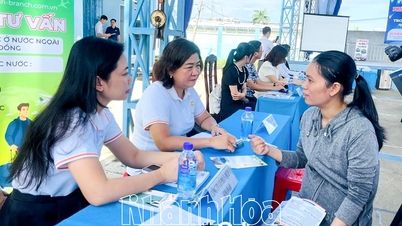






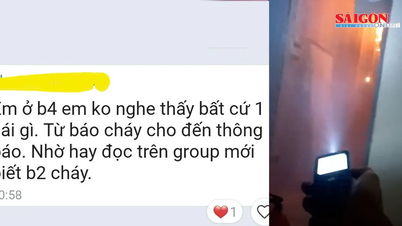
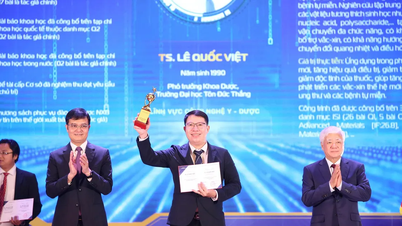
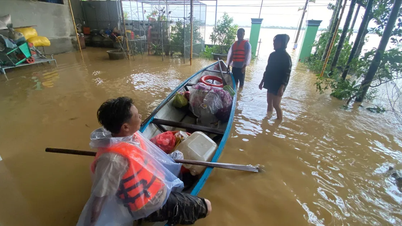
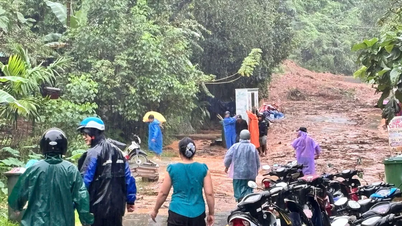
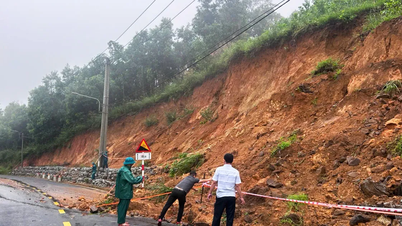

































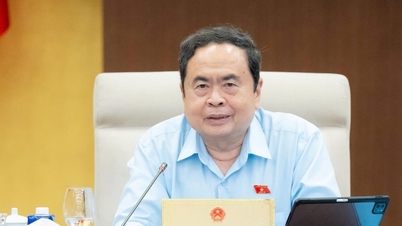

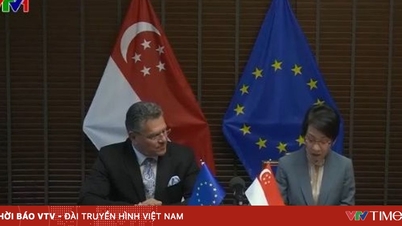
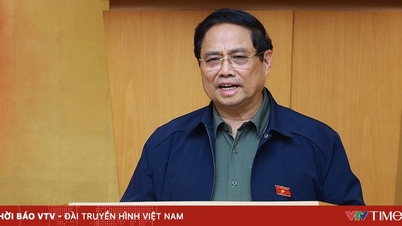
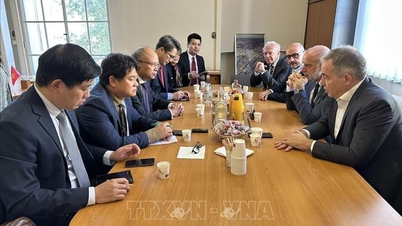
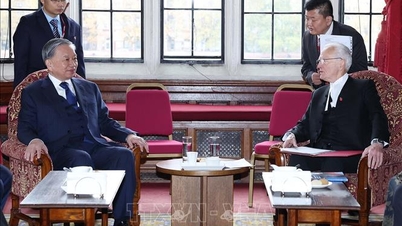
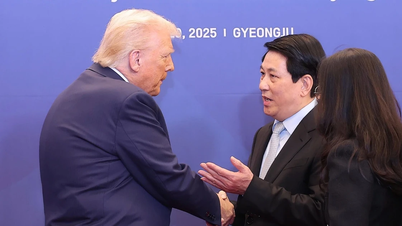



![[Live] Concert Ha Long 2025: "Heritage Spirit - Brightening the Future"](https://vphoto.vietnam.vn/thumb/402x226/vietnam/resource/IMAGE/2025/10/29/1761743605124_g-anh-sang-am-thanh-hoanh-trang-cua-chuong-trinh-mang-den-trai-nghiem-dang-nho-cho-du-khach-22450328-17617424836781829598445-93-0-733-1024-crop-1761742492749383512980.jpeg)



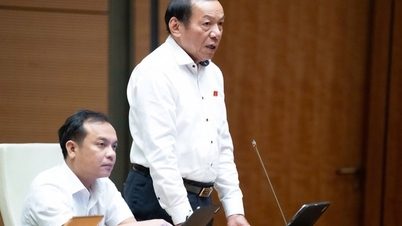
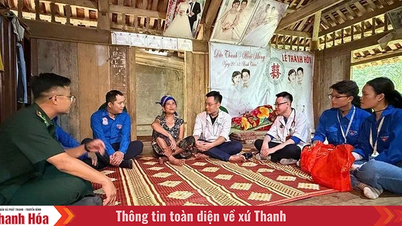





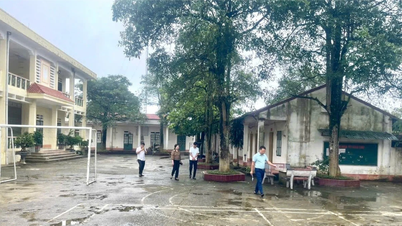















Comment (0)